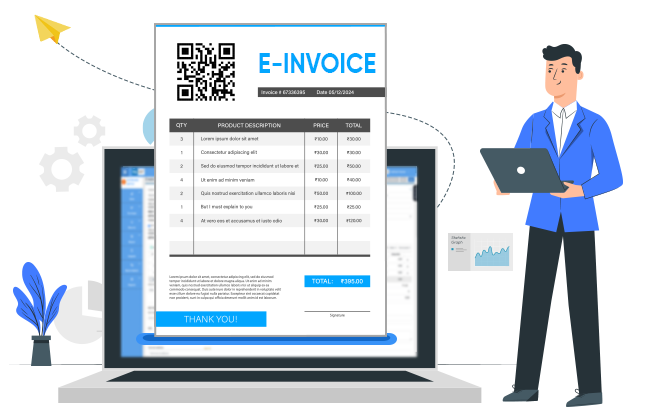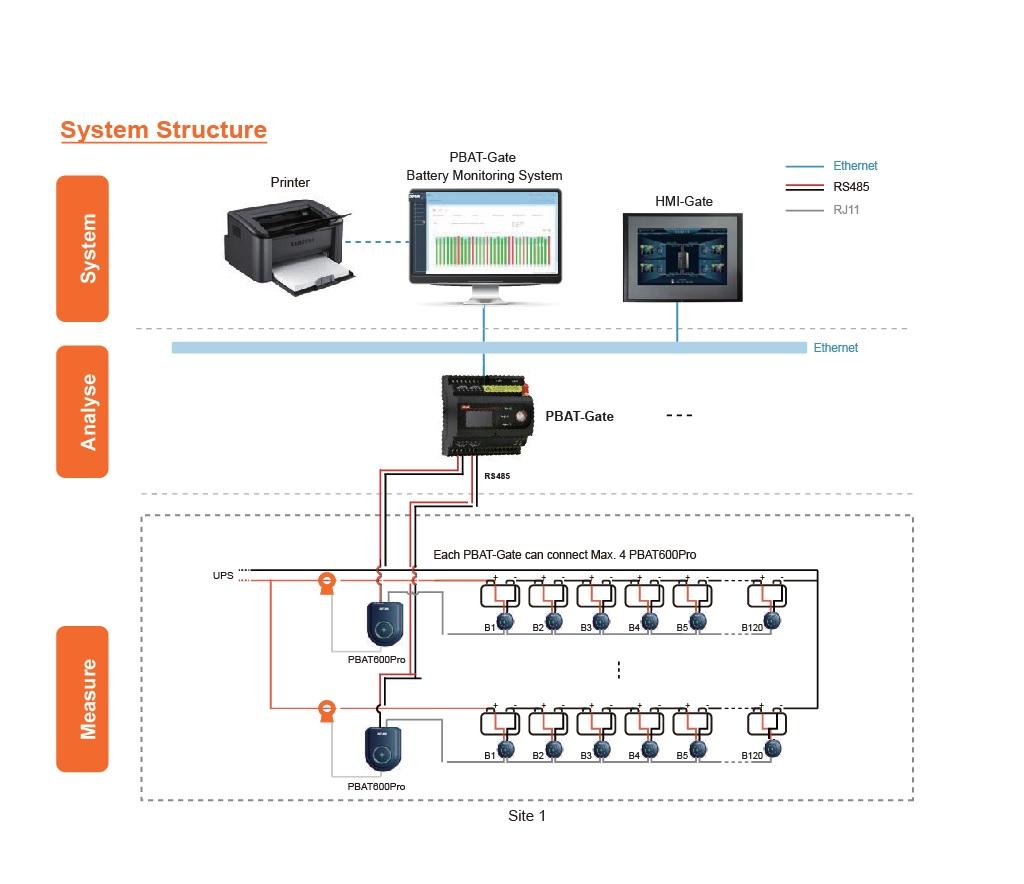The Digital Backbone of Commerce: A Look at the E-Invoicing Industry

The contemporary E Invoicing industry is the essential digital backbone that facilitates modern global commerce and tax administration. Its critical role in streamlining business-to-business transactions is clearly demonstrated by its projected growth to a substantial USD 24.35 billion market by 2034, expanding at a consistent CAGR of 6.33%. This industry is a complex and vital ecosystem of technology providers, government agencies, and businesses, all working together to replace an inefficient, centuries-old paper-based process with a secure, automated, and real-time digital alternative. It is a key enabler of both corporate efficiency and governmental fiscal reform, making it a cornerstone of the modern digital economy.
The industry is structured around a partnership between the private and public sectors. The government's role is often that of the catalyst and the regulator. By mandating the use of e-invoicing for tax purposes, governments create the demand and set the technical and legal standards for the market. The private sector's role is to provide the technology and services that enable businesses to comply with these mandates and to realize the efficiency benefits. This includes the service providers who build the access points to the government platforms, the software companies that integrate e-invoicing into ERP systems, and the consultants who guide businesses through the complex implementation process.
The socio-economic impact of the e-invoicing industry is profound. For governments, the industry is a powerful tool for increasing tax revenue and reducing the "VAT gap"—the difference between the expected tax revenue and the amount actually collected. By gaining real-time visibility into transactions, governments can significantly reduce tax evasion and fraud. For the broader economy, the industry drives massive efficiency gains, which can lead to lower costs for businesses and, ultimately, lower prices for consumers. It also accelerates cash flow for small and medium-sized businesses, which are the lifeblood of most economies, helping them to grow and create jobs.
Despite its clear benefits, the industry collectively faces a number of significant challenges. The biggest challenge is the lack of global standardization. Each country or region that mandates e-invoicing often develops its own unique technical standards and legal requirements. This creates a complex and fragmented "compliance spaghetti" that multinational corporations must navigate. A major focus of the industry, through organizations like the OpenPeppol association, is to promote greater interoperability and the adoption of common standards to simplify cross-border e-invoicing. Overcoming this fragmentation will be key to unlocking the full potential of a truly global and seamless digital trade environment.
Explore Our Latest Trending Reports:
APAC User Experience Research Software Market






